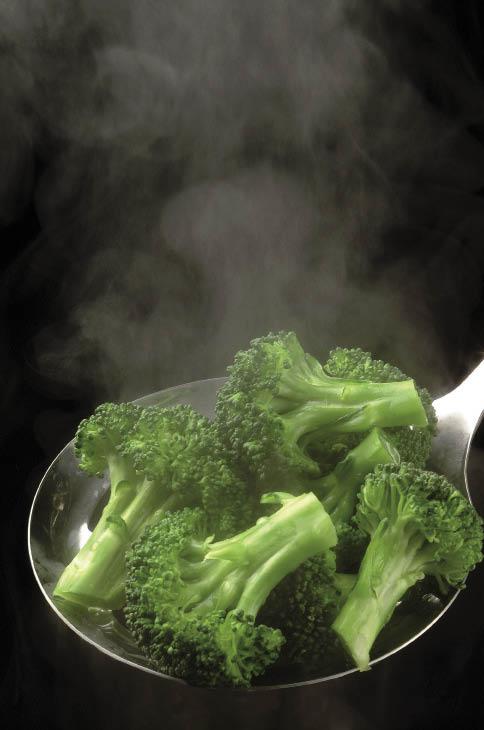
Greater consumption of vegetable protein can slow down unhealthy ageing when substituting carbohydrates, fats or animal protein, especially from meat and dairy, suggests a study.
“In this cohort of older adults in Spain, we found that increasing dietary intake of vegetable protein at the expense of other macronutrients was associated with less deficit accumulation over time, an association that became stronger with the duration of follow-up,” the researchers said.
Data were obtained from 1,951 individuals aged ≥60 years who were recruited in the Seniors-ENRICA cohort in 2008–2010 (wave 0) and were followed in 2012 (wave 1), 2015 (wave 2) and 2017 (wave 3). A validated diet history was used to measure dietary protein intake at waves 0 and 1, and a 52-item health deficit accumulation index was utilized to measure unhealthy ageing at each wave.
Participants with a >2-percent increase, compared with a >2-percent decrease, in energy intake from vegetable protein from wave 0 to wave 1 exhibited less deficit accumulation over follow-up of 3.2 years (multivariable β, –1.05, 95 percent confidence interval [CI], –2.03 to –0.06), 6 years (β, –1.28, 95 percent CI, –2.51 to –0.03) and 8.2 years (β, –1.68, –3.27 to –0.09). Associations for animal protein did not exist. [Am J Med 2020;133:231-239.e7]
Vegetable protein intake also resulted in less deficit accumulation over 8.2 years when replacing 1 percent of energy for an equal amount of carbohydrate or fat (β, –0.50, 95 percent CI, –0.93 to –0.07), animal protein (β, –0.44, 95 percent CI, –0.82 to –0.07), dairy protein (β, –0.51, 95 percent CI, –0.91 to –0.12) or meat protein (β, 95 percent CI, –0.84 to –0.04).
Of note, animal protein has been shown to have beneficial effects on muscle mass and strength, functional performance, hip fracture (in men), and frailty, but deleterious effects on type 2 diabetes (T2D) and cardiovascular mortality. [J Gerontol A Biol Sci Med Sci 2017;73:88-94; Osteoporos Int 2017;28:1401-1411; Diabetes Care 2010;33:43-48; JAMA Intern Med 2016;176:1453-1463; J Gerontol A Biol Sci Med Sci 2016;71:356-361; J Gerontol A Biol Sci Med Sci 2016;71:1329-1334]
On the other hand, previous studies have reported the association of vegetable protein with lower risk of muscle loss, frailty, hip fracture, T2D, and cardiovascular and all-cause mortality. Associations have also been shown between the substitution of vegetable protein for animal protein and a lower risk of T2D and mortality. [Osteoporos Int 2017;28:1401-1411; JAMA Intern Med 2016;176:1453-1463; Am J Epidemiol 2016;183:715-728; J Nutr Health Aging 2014;18:171-177; Nutr J 2013;12:164]
In addition, other studies have suggested that higher intake of fruits and vegetables reduces the risk of T2D, cardiovascular disease, frailty and mortality. [BMJ 2014;349:g4490; J Natl Cancer Inst 2004;96:1577-1584; Am J Clin Nutr 2016;104:132-142; Eur J Epidemiol 2017;32:363-375; Am J Clin Nutr 2017;105:1462-1473]
“Biological mechanisms for the beneficial health effects of vegetable protein are unknown,” the researchers said. “Effects may be due to the amino acid composition of specific foods, other components present in the food sources of vegetable protein and lifestyles associated with specific dietary patterns, so it is difficult to conclude that the observed effects are attributable only to protein per se.” [Adv Nutr 2015;6:712-728]
Further research is warranted to determine whether the potential benefits of plant protein-rich foods are entirely the result of protein itself or from other diet-related component needs, they added.